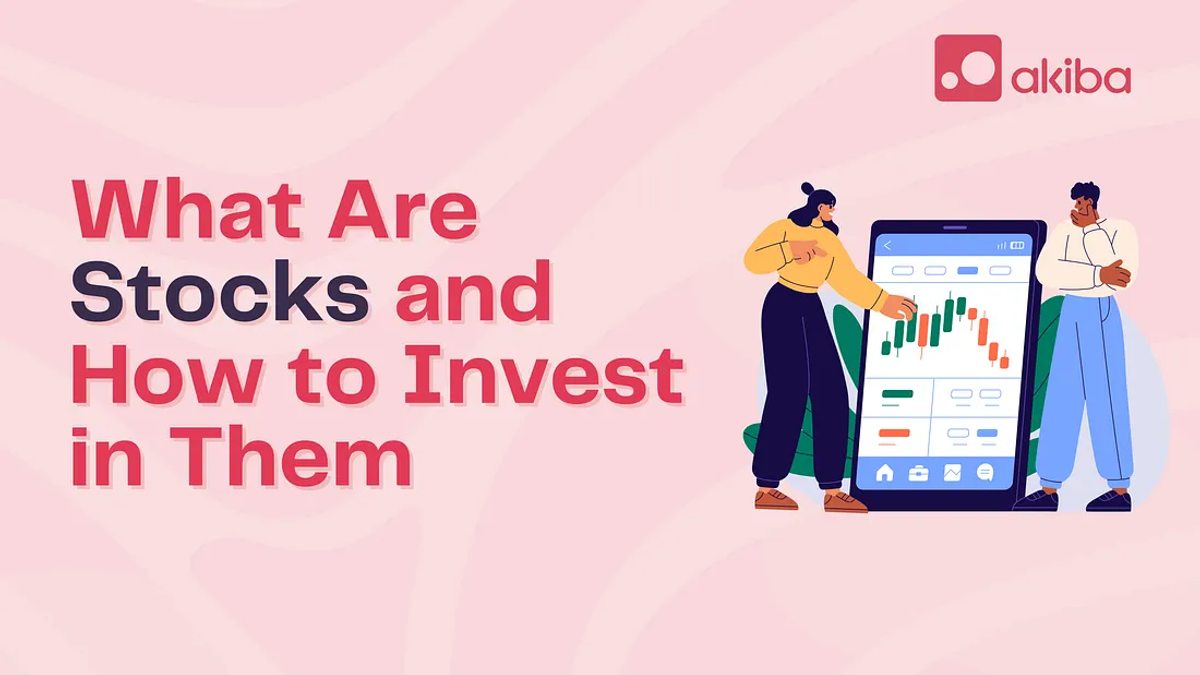Think of a stock as a tiny slice of a company. When you buy a stock, you’re buying a piece of ownership in that company.
So, if you buy shares in Dangote Cement, you become a small owner. If the company does well, you benefit, either through dividends or by selling your shares later for a higher price.
Stocks are also called equities. And owning them is one of the most popular ways people grow their wealth globally.
Why Do Companies Sell Stocks?
Companies sell stocks to raise money — to expand, hire, buy equipment, or even pay off debt. In return, they give you a piece of the business.
How Does the Stock Market Work?
The stock market is like a giant marketplace where people buy and sell shares of companies. In Nigeria, the main platform for this is the Nigerian Exchange (NGX).
Here’s what happens:
· You register with a stockbroker or investment app.
· You browse available stocks (e.g., MTN, Zenith Bank, etc.).
· You choose how many shares you want to buy.
· You pay for it and — boom — you’re a shareholder!
Why Do Stock Prices Go Up or Down?
· Stock prices fluctuate based on:
· Company performance — Did they make profits?
· Economy trends — Is inflation high? Are interest rates rising?
· Investor sentiment — Are people confident in the company or scared?
How to Start Investing in Stocks in Nigeria
Let’s keep it practical. Here’s a beginner-friendly step-by-step guide:
1. Pick a Reliable Platform
Choose a digital investment platform or stockbroker registered with the Securities and Exchange Commission (SEC).
2. Do Your Research
Don’t just follow trends. Use resources like:
3. Start Small
You don’t need a lot of money to begin with. Some platforms let you invest with as little as ₦1,000–₦5,000. Try a test amount and build up confidence.
4. Diversify
Spread your money across different industries (banking, telecom, agriculture, etc.). That way, if one sector underperforms, your entire portfolio doesn’t suffer.
Avoid These Common Stock Investing Mistakes
· Buying just because a friend said so
· Trying to time the market perfectly
· Selling out of fear after small losses
· Ignoring company fundamentals
Instead, focus on long-term growth and continuous learning.
You don’t need to be rich, connected, or a finance expert to invest. Start small, stay consistent and learn as you go. And if you’re ever confused? Akiba is here to simplify it all.




